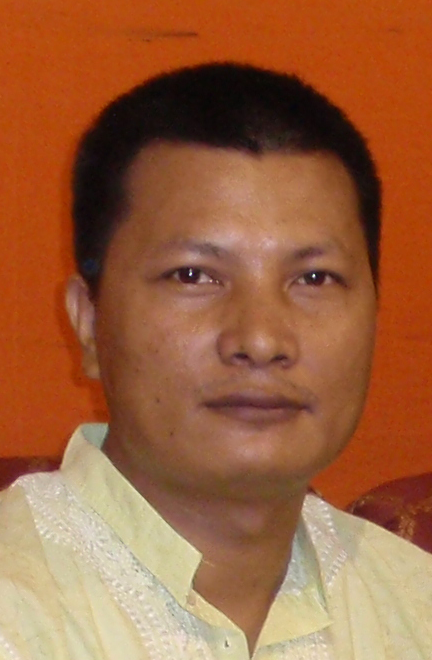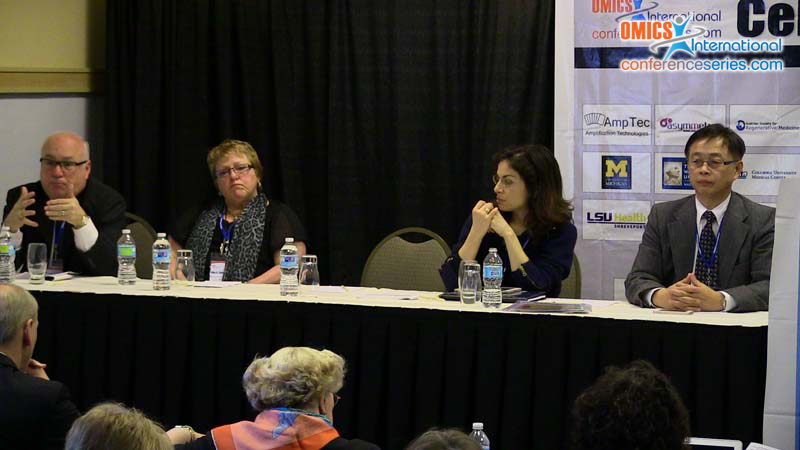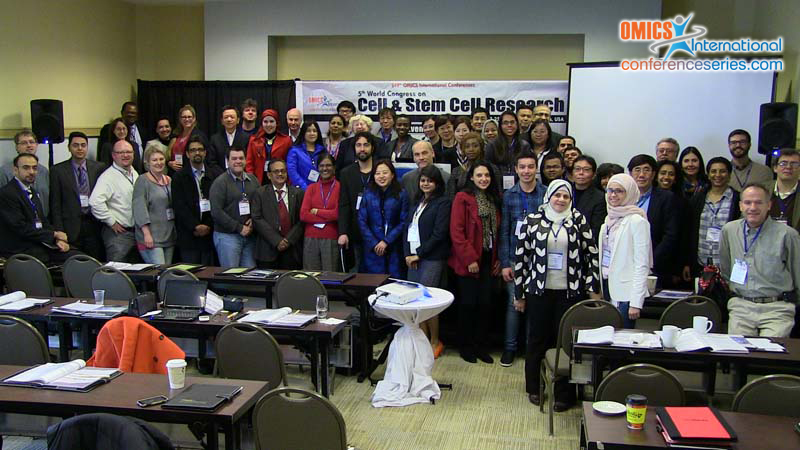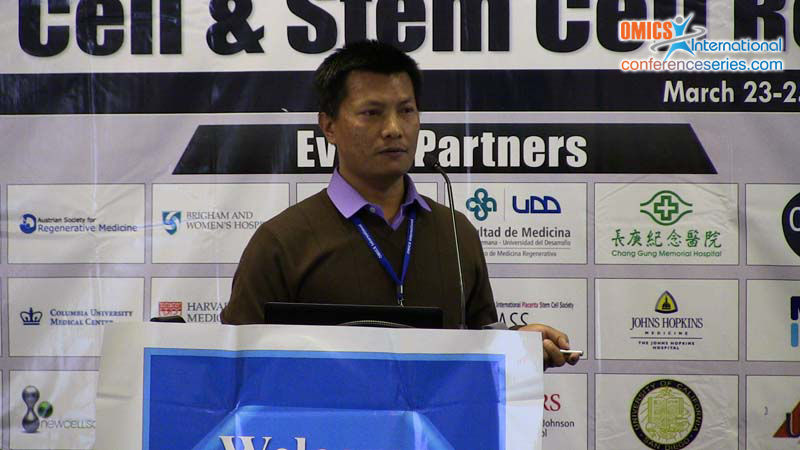
Asem Surindro Singh
National Centre for Biological Sciences, India
Title: Population and family based association study on TPH1, TPH2 and ITGB3 genes indicate serotonergic system involvement in autism spectrum disorder
Biography
Biography: Asem Surindro Singh
Abstract
Autism spectrum disorder (ASD) is one of the most common genetically predominant neurodevelopmental disorders and the prevalence rate is more than one percent. The pathophysiogy of the disorder is highly complex and several genes are believed to involve with each having minor contribution leading to the final ASD phenotype. In the last two decades, various risk variants of different genes have been identified but none of the individual variants account for more than 1% of ASD cases in average. Recent researches are strongly approaching towards identification of genes that contribute to specific autism endophenotype. So far two most common finding in ASD research are transient increased of head circumference and platelet hyperserotonemia. And platelet hyperserptonemia has been considered as autism endophenotype. Moreover, abnormal serotonin synthesis capacity has been implicated in the brain of ASD individuals, thereby the involvement of serotonergic system abnormality both in the brain as well as periphery in the pathophysiology of ASD. Investigation of few selected single nucleotide polymorphisms from three potential serotonergic candidate genes, TPH1, TPH2 and ITGB3 via population and family based approaches, revealed moderate risk of these genes to the disorder. Gene-gene interaction analysis further suggests their interactive role in ASD. Thus, the present finding provides preliminary evidence and one step further towards the involvement of these genes on the cause of ASD. Further validation on cellular and animal model system will be able to provide the functional effect caused by these genetic variants.



